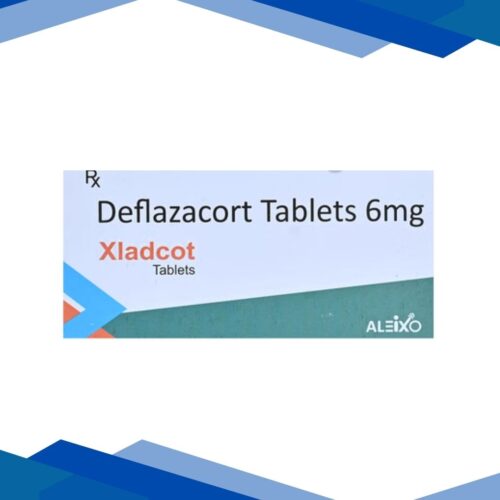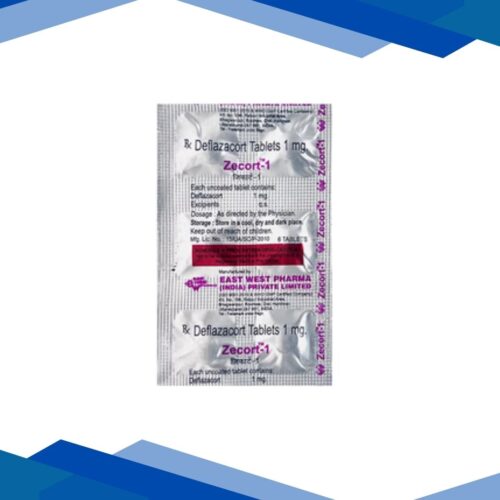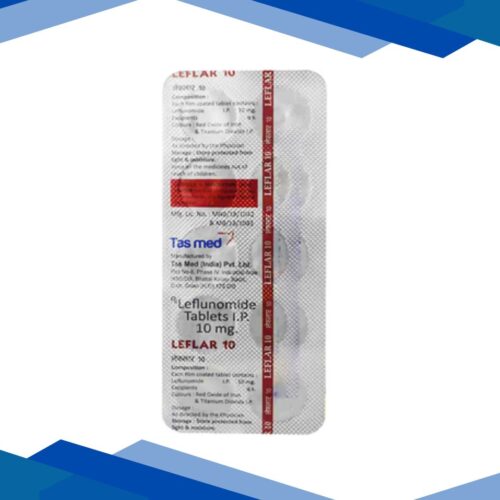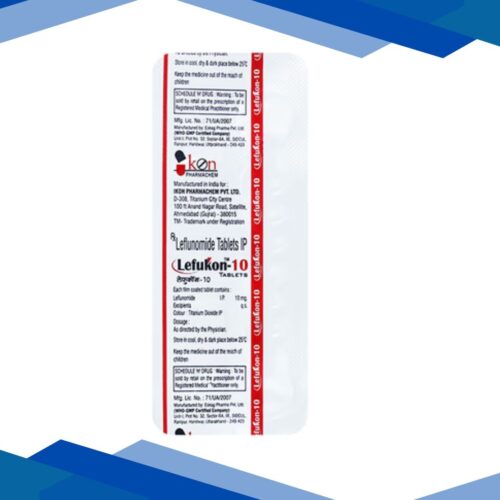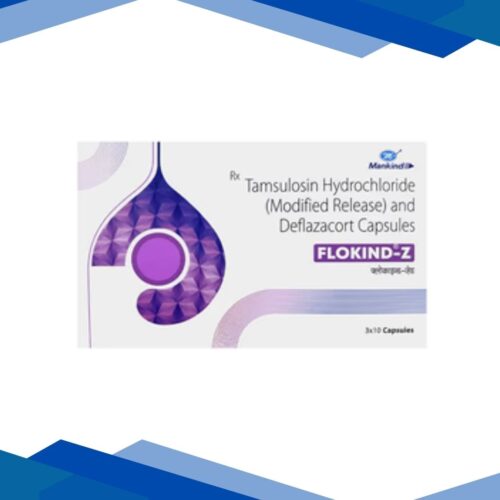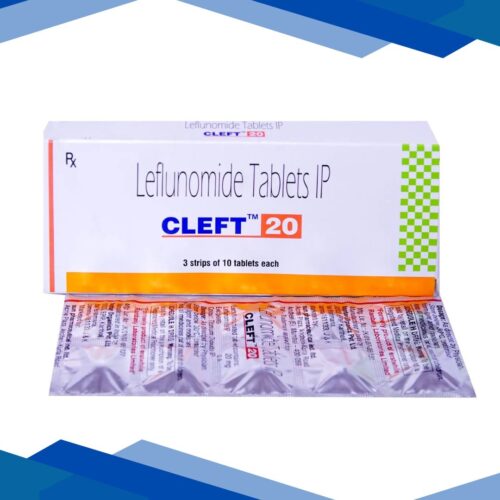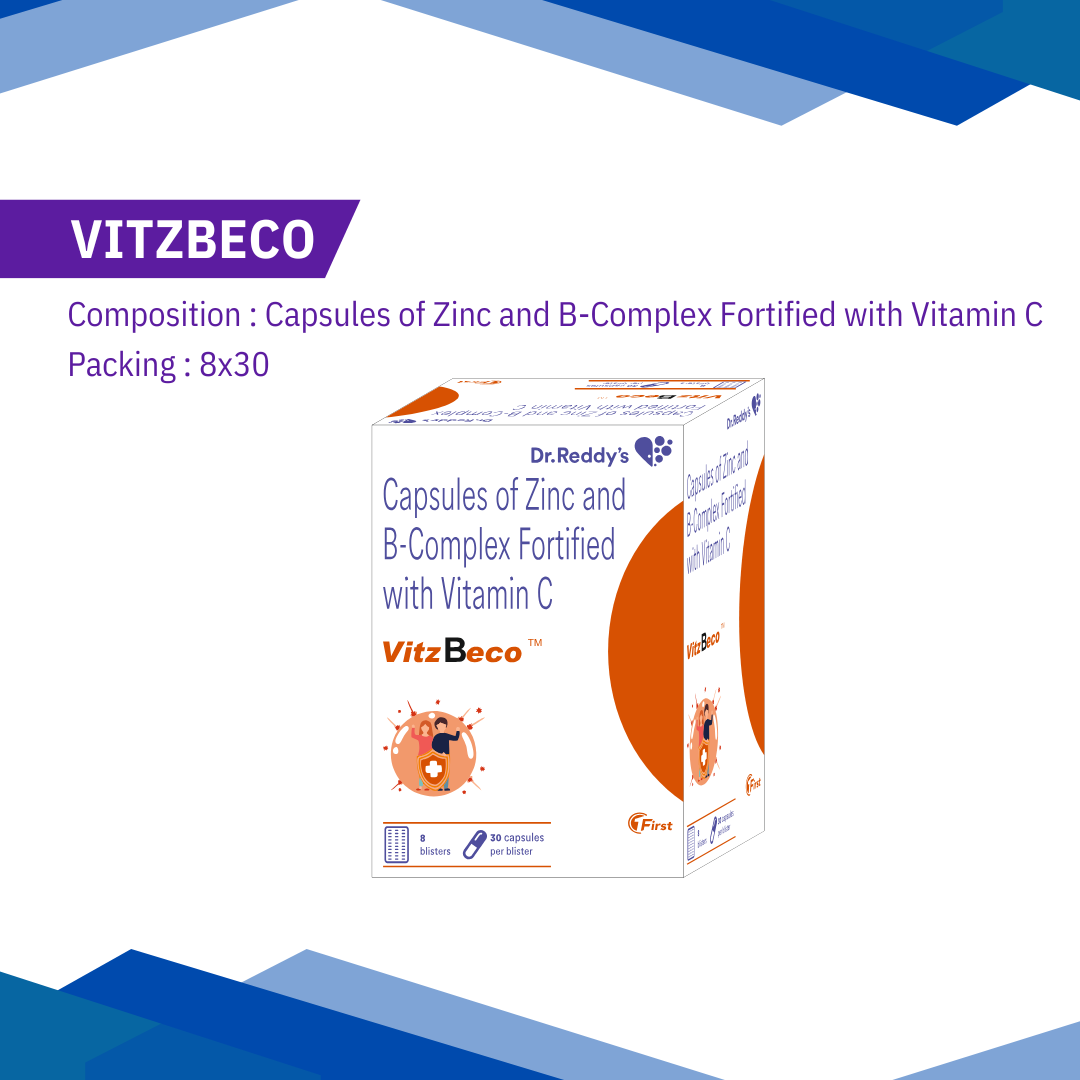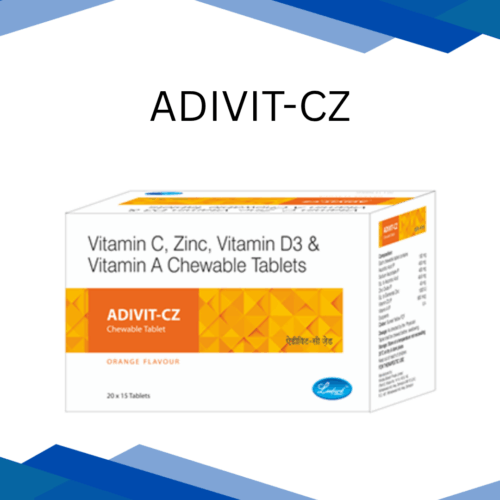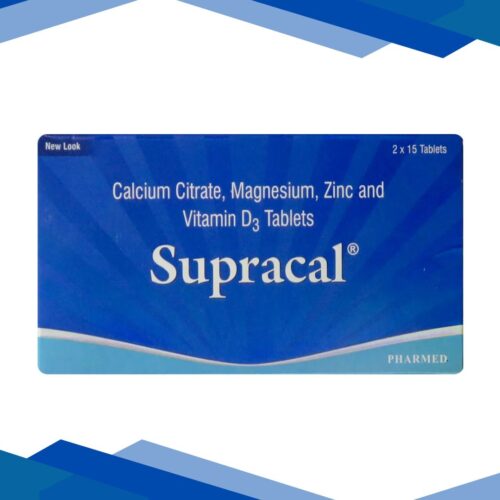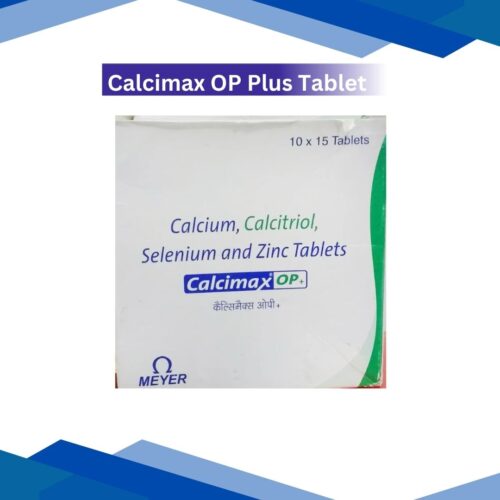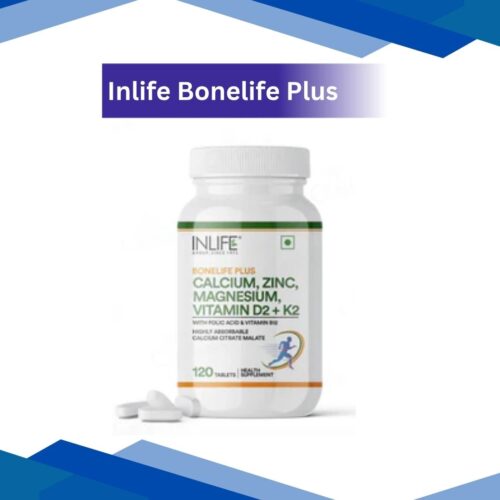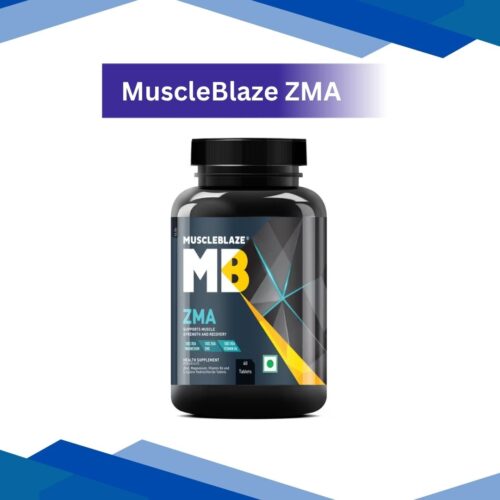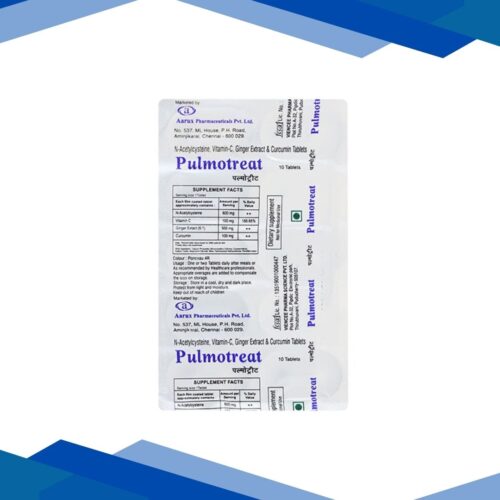FLOKIND Z Capsule 10’s
Vitzbeco
No Prescription yet? Don’t worry! Click Here to Get Online Consultation
Why Prescription is Required?
✅ Providing Right Medicines
Prescriptions are complex documents. We proofread and recheck at various steps to provide you the right medication in the correct form and dose.
⚖️ Helps Comply with the Law
Most medicines cannot be sold without a valid prescription, as per the Drugs and Cosmetics Act, 1940 and Rules, 1945.
Book Appointment with Doctor
Vitzbeco is a multivitamin supplement designed to provide essential nutrients like B-complex vitamins, Vitamin C, and minerals. It is commonly used to treat vitamin deficiencies, boost immunity, and promote overall health.
Vitamin B Complex
VITAMIN B-COMPLEX
Overview
Vitamin B Complex is a group of essential vitamins that help keep your body and mind healthy. These vitamins are important for energy, brain function, and a strong immune system. They are often taken as supplements when your body needs extra support.
Classification
Vitamin B Complex includes a group of water-soluble vitamins, such as:
B1 (Thiamine)
B2 (Riboflavin)
B3 (Niacin)
B5 (Pantothenic acid)
B6 (Pyridoxine)
B7 (Biotin)
B9 (Folic acid)
B12 (Cobalamin)
These all belong to the B-vitamin family, which your body needs every day.
Uses
Vitamin B Complex is used for:
Boosting energy levels
Improving brain function and mood
Supporting nerve and heart health
Helping with red blood cell production
Relieving stress and fatigue
Improving skin, hair, and nail health
Managing anemia (especially B12 and folic acid)
How It Works
Each B vitamin has its own role, but together they:
Convert food into energy
Support nerve and brain activity
Help make DNA and blood cells
Keep skin and digestion healthy
They work as a team to keep the body running smoothly.
Dosage
As prescribed by your doctor.
Side effects
Vitamin B Complex is usually safe, but in some cases, people may experience:
Nausea or upset stomach
Diarrhea
A mild headache
Unusual taste in the mouth
Bright yellow urine (harmless and common)
High doses (especially of B6 or B3) may cause nerve problems or skin flushing.
Precautions
Always follow the recommended dose—too much can be harmful.
People with kidney or liver problems should use it under medical advice.
If you’re pregnant or breastfeeding, ask your doctor before use.
Let your doctor know if you’re on other medications—B vitamins can sometimes interact with other drugs.
Store in a cool, dry place and keep out of reach of children.
Disclaimer
This content is for informational purposes only. Always consult a healthcare provider for medical advice and proper dosage
Vitamin C
VITAMIN C
OVERVIEW
Vitamin C, also known as L-ascorbic acid, is a water-soluble vitamin. Unlike most mammals, humans do not have the ability to synthesize vitamin C and must obtain it from the diet.Low levels of vitamin C can result in a condition called scurvy. Scurvy may cause symptoms such as rash, muscle weakness, joint pain, tiredness, or tooth loss.
CLASSIFICATION
Antioxidant
USES
Vitamin C is needed for the growth and repair of tissues in all parts of your body. It is used to:
Form an important protein called collagen, used to make skin, tendons, ligaments, and blood vessels
Heal wounds and form scar tissue
Repair and maintain cartilage, bones, and teeth
Aid in the absorption of iron
Vitamin C is one of many antioxidants. Antioxidants are nutrients that block some of the damage caused by free radicals.
Free radicals are made when your body breaks down food or when you are exposed to tobacco smoke or radiation.
The buildup of free radicals over time is largely responsible for the aging process.
Free radicals may play a role in cancer, heart disease, and conditions like arthritis.
The body is not able to make vitamin C on its own. It does not store vitamin C. It is therefore important to include plenty of vitamin C-containing foods in your daily diet.
HOW IT WORKS
In humans, an exogenous source of ascorbic acid is required for collagen formation and tissue repair by acting as a cofactor in the posttranslational formation of 4-hydroxyproline in -Xaa-Pro-Gly- sequences in collagens and other proteins. Ascorbic acid is reversibly oxidized to dehydroascorbic acid in the body. These two forms of the vitamin are believed to be important in oxidation-reduction reactions. The vitamin is involved in tyrosine metabolism, conversion of folic acid to folinic acid, carbohydrate metabolism, synthesis of lipids and proteins, iron metabolism, resistance to infections, and cellular respiration.
DOSAGE
As directed by the physician
PRECAUTIONS
You should not use ascorbic acid if you are allergic to it.
Ask a doctor or pharmacist if Vitamin C is safe to use if you have or have ever had:
Diabetes;
Any type of cancer;
A planned surgery or any other medical procedure;
Taken any other medication or have any medical condition;
If you are on a low-salt or salt-free diet;
If you smoke or chew tobacco;
If you drink alcohol;
A genetic enzyme deficiency called glucose-6-phosphate dehydrogenase (G6PD) deficiency; or
Kidney disease or kidney stones.
Ask a doctor before using this medicine if you are pregnant or breastfeeding.
Do not give this medicine to a child without medical advice.
SIDE EFFECTS
Get emergency medical help if you have signs of an allergic reaction: hives, difficult breathing, swelling of your face, lips, tongue, or throat.
Vitamin C may cause serious side effects. Call your doctor at once if you have:
Kidney problems–swelling, blood in your urine, painful or difficult urination, pain in your side or lower back, feeling tired or short of breath.
Common side effects of Vitamin C may include:
Difficult or painful swallowing;
Headache, heartburn; or
Nausea, vomiting, diarrhea, stomach cramps.
DISCLAIMER
This content is for informational purposes only. Always consult a healthcare provider for medical advice and proper dosage
ZINC
ZINC
Overview:
zinc is an essential nutrient found in a variety of plant and animal foods, along with supplements. It plays a key role in skin health, immune function, and cell growth and may protect against acne, inflammation, and other conditions.
Classification:
Antioxidant
Uses:
Supports the heart and nervous system
Has antioxidant effects
Supports the immune system
Helps in the formation of red blood cells
How It Works:
Cofactor Role:
Zinc acts as a cofactor for thousands of enzymes and proteins, which are essential for various metabolic processes.
Immune Function:
Zinc is crucial for the proper functioning of the immune system, including the production of immune cells like T cells, B cells, and natural killer cells.
Antiviral Effects:
Zinc may help reduce the severity of colds by inhibiting rhinovirus replication and suppressing nasal inflammation.
Wound Healing:
Zinc is involved in collagen synthesis and other processes that contribute to wound repair.
DNA Synthesis:
Zinc is essential for DNA replication and RNA transcription, which are fundamental processes for cell growth and function.
Dosage:
As prescribed by your doctor.
Side Effects:
Diarrhea.
Dizziness.
Headache.
Nausea.
Upset stomach.
Vomiting.
Precautions:
Read the label carefully before use
Store in a cool and dry place away from direct sunlight
Keep out of reach of children
Use under medical supervision
Do not exceed the recommended dosage
Pregnant or nursing mothers, children, and people with medical conditions must consult a healthcare professional before taking this supplement
Disclaimer
This content is for informational purposes only. Always consult a healthcare provider for medical advice and proper dosage.
